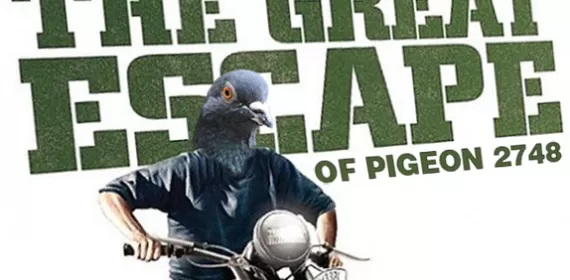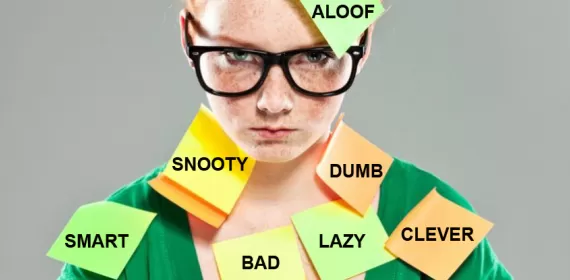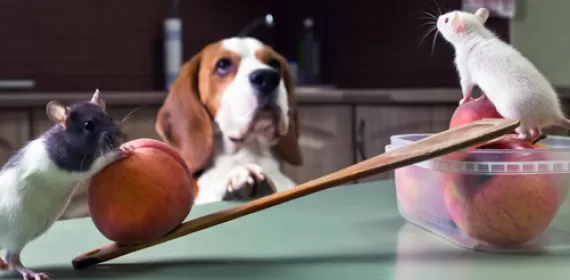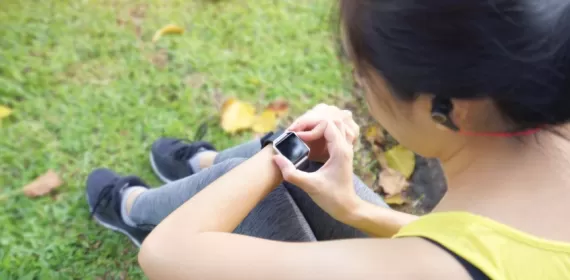Andy Lattal, Ph.D.
Browse by our authors.
When Is Behavior “Good Enough?”
When is enough enough? This question has been asked by evolutionary theorists, teachers, employers, and all of the rest of us interested in how people and other living organisms survive and do things…
A Behaviorist Exorcise
Now that Halloween is here,
I’ve a tale to weave, so gather near.
All Hallows Eve would have us believe
From spirits and the like there’s no reprieve.
Alas, it was from just such intuition
That…
The Great Escape of Pigeon 2748
The laboratory study of reinforcement began with Psychologist Edward L. Thorndike’s doctoral dissertation at Columbia University in New York City. Thorndike built a series of wooden “puzzle boxes,”…
Book Review of "Behave" by Andromeda Romano-Lax
Behave takes its narrative from the lives of the two people behind one of the most famous experiments in the history of psychology: the analysis of the development of fear conditioning (phobia) in an…
Burnout as Behavior
Burnout, whether at work, in sports, or just in life is a concern often described in self-help books, manuals, and websites concerned with the human condition. It is said to occur when people stop…
The Sweet Spot in Communicating Behavior Analysis to the Lay Public
I am often surprised when I hear people who should know better categorically caution behavior analysts about using the precise language of our discipline when communicating with clients or other…
Hares, Tortoises, and the Persistence of Behavior
Remember Aesop’s fable about the hare and tortoise? The tortoise got tired of the hare’s constant bragging about how fast he ran, so the tortoise challenged the hare to a race. The tortoise…
Agency, Labels, and Changing Behavior
“You don’t pay attention.” “You are not paying attention.”
There is a subtle but important distinction between these two descriptions. Can you identify the difference?
In the first case, the…
Unintended Consequences
The best laid schemes o' mice an' men. Gang aft a-gley.
Ever have a sure-fire positive reinforcer fail to change the target behavior? Or, worse yet, make things worse instead of better? Or maybe…
Fifty Shades of Behavior-Analytic Grey
Charles Darwin’s insights about the origin of species were based on his observations concerning the relation of selection and variation to change. The variations among individuals allowed selection…
Creative Self-Management: Plotting to Change Personal Behavior
Changing things about ourselves that we want to change is a big challenge for everyone. It often can seem even harder if they also are things we need to change for reasons of physical or behavioral…
Creative Self-Management: Measuring Behavior for Change
A while back, I posted some observations about creative self-management. In it were some suggested steps to take to change our own behavior. These were to, first, define the behavior to be changed –…
Behavior Analysis in Japan
Organized activity on behavior analysis in Japan began in 1979 with the formation of the Society for the Study of Behavior Analysis. In 1983, the society changed its name to the Japanese Association…
Skinner’s Twin: The Back Story
This whole thing started a few months ago when I needed a photograph of some pigeons for a presentation I was preparing for the Aubrey Daniels Institute. I Googled, “Pigeons” and then clicked on “…
Do Robots Behave?
Is behavior limited to living, organic creatures, like us, or can inorganic creatures created by organic creatures also behave? Like robots. The first thing to consider in answering this question is…
B. F. Skinner’s Lost Twin Brother
B. F. Skinner’s first academic position was at the University of Minnesota in the late 1930s. It is generally acknowledged that his research changed the face of modern psychology. Roughly four…
Being Objective about Objectivity
Everyone concerned with evaluating human behavior is concerned with objectivity. Jurors are screened to ensure that they do not have preconceived opinions about a defendant’s guilt or innocence.…
Being Sensible about Ignoring Behavior
There’s an old adage in psychology that when dealing with behavior problems one should reject the behavior and not the person. It’s pretty good advice, we think, and consistent with the idea…



















